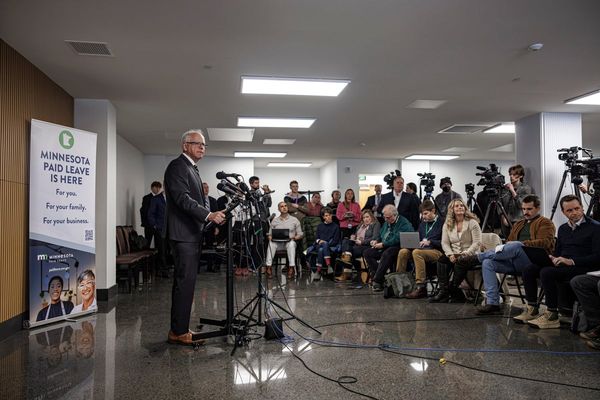
The window of opportunity to rescue British citizens from Sudan is closing. As a third RAF evacuation flight landed in Cyprus this morning, with at least three planned for today, Home Secretary Suella Braverman has confirmed that 200 to 300 UK nationals have been transferred.
Still, the Government has understandably faced criticism for its flat-footed response. While other nations such as Germany and France acted more decisively to extricate their nationals from Sudan, the UK chose to make stricter distinctions between diplomats and citizens. Ministers point to specific threats made against diplomatic staff but the reality is this decision cost precious time.
The Foreign Office has issued travel advice to trapped Britons eligible for the flights to get to the Wadi Saeedna airfield near Khartoum by their own means. But given the fears of snipers and the absence of fuel, many will need help to get there. The three-day ceasefire, struck between the Sudanese armed forces and the paramilitary group known as the Rapid Support Forces, is set to expire at 10pm GMT tomorrow. It could collapse at any moment.
The Government, in co-ordination with UK armed forces and our allies, must move heaven and earth to rescue our citizens from this desperate and deteriorating situation.
Another blow to CBI
Rain Newton-Smith, who faces her first day as director-general of the Confederation of British Industry (CBI), would be forgiven for having second thoughts.
Only yesterday evening, the City of London Corporation, which covers the majority of the capital’s financial sector, announced it had formally suspended its membership of the lobby group in the wake of sexual misconduct allegations. It joins dozens of major British businesses and trade bodies such as Aviva, PwC and Lloyds Banking Group.
The crisis was precipitated earlier this month when it was reported that more than a dozen women claimed to be victims of sexual harassment while working at the CBI. Two of these women say they were raped.
The CBI has long been an influential organisation, both as the self-styled voice of businesses and as a go-between with government. But it does not have an inalienable right to exist. Unless it can demonstrate root-and-branch reform to its culture and practices, business will look elsewhere.
Opportunity for artists
The Evening Standard’s Art Prize is back. A dozen artists will see their work go on show in a central London gallery, with one of them picking up a £5,000 prize.
This year’s theme is ‘a portrait of you’, with artists asked to submit images celebrating self-expression and the way individuality and personality is shown through their art. Previous winners of this prize have gone on to launch their careers and enjoy solo shows.
The competition is open to all artists over the age of 18, excluding those who have had a solo exhibition in a public institution. Good luck!







